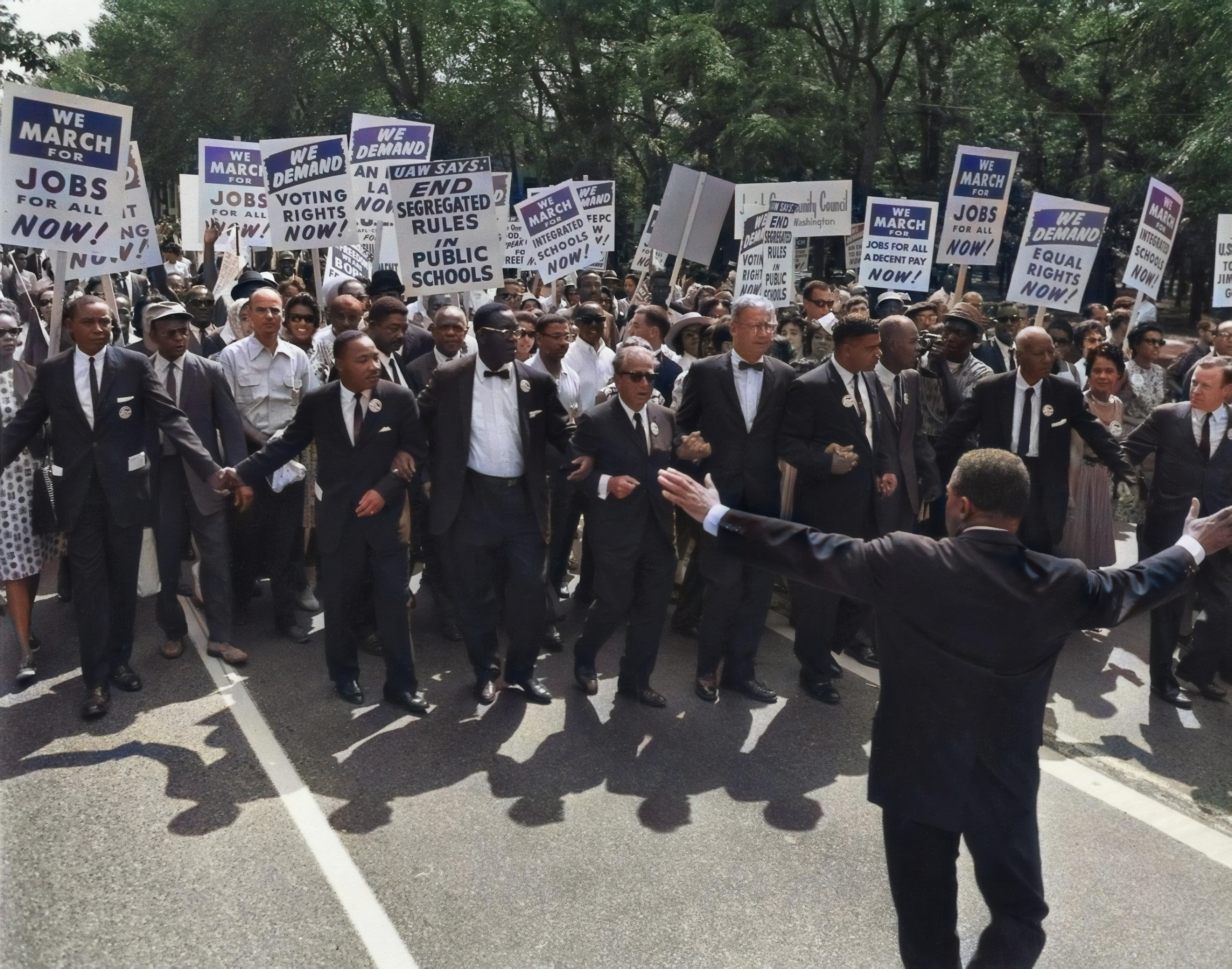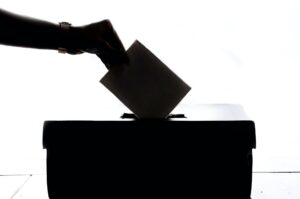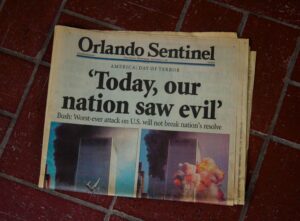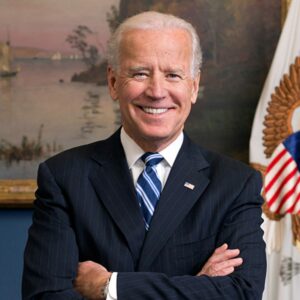On January 20th, we celebrated Martin Luther King Day, an American holiday honoring the birthdate of Martin Luther King Jr, a courageous leader and spokesperson of the civil rights movement. He led protests, including the Montgomery bus boycott and the Birmingham campaign. The idea to honor Martin Luther King’s birth as a holiday came into existence directly from labor unions. The bill to honor Dr. King was signed into law by Ronald Reagan, 15 years after Dr. King’s death. The honoring became an official holiday by all 50 of the United States in 2000.
Martin Luther King Jr has accomplished many things in his life, but probably the most notable was fighting for freedom peacefully. On December 1, 1955, Rosa Parks refused to give up her seat in the front of a bus, and was arrested due to segregation laws. In retaliation, E.D. Nixon planned the Montgomery Bus Boycott, led by Dr. King. The boycott lasted a total of 385 days, and by the end of it, the Supreme Court ruled that segregation on public busses is unconstitutional. In 1963, Martin Luther King, Fred Shuttlesworth, and James Bevel led the Birmingham campaign. Birmingham, Alabama was one of the most racially divided cities at the time, including a white-on-black bombing, which gave rise to the nickname “Bombingham.” Adult volunteers were not plentiful in the campaign, so the leaders decided to begin recruiting children. The volunteers organized peaceful protests, such as having 50 people walk from the local Baptist church to the city hall to talk about, and advocate against segregation. The police department of Birmingham, led by Eugene Onner, set attack dogs after the protesters and viciously sprayed them with hoses. These protests prompted much needed attention to segregation in the south, and forced desegregation in Birmingham.
Despite Dr. King’s efforts, racism is still a global issue at large today. One example is police brutality, an extreme form of police violence involving physical harm or death to a person or animal, and one of the many victims was Rodney King. Rodney King was a black construction worker that was brutally beaten by police on March 3, 1991. A bystander by the name of George Holliday recorded the incident from his balcony, and it got huge media attention. Three of the four officers who beat Mr. King were aquitted, and the jury failed to reach a verdict for the fourth. In retaliation, the citizens of Los Angeles started riots, causing 50 deaths, over 2,000 people injured, and caused one billion dollars worth of damage.
White supremacy, the belief that white people are superior to those of all other races, and should therefore dominate society, is also a form of racism. Adherents believe that the white race will face extinction, and their goal is to save the race. The KKK, or the Klu Klux Klan is a violent white suppremist group whose primary target is Afrian-Americans. They have been terrorizing African-Amerian groups by assaulting and killing them since the 1860’s. There have been three different iterations of the klan, one still exists today.
During the march on Washington in 1963, Martin Luther King gave the“I have a dream” speech. In Dr. King’s speech, he shared his philosophy on segregation in schools and in society in general. This imbued people with a sense of inspiration and immense hope for change. The famous speech began with “I am happy to join with you today in what will go down in history as the greatest demonstration for freedom in the history of our nation.’’ That statement still rings true, as the March on Washington was one of the main events in the civil rights movement that helped segregation to come to an end in America.
Due to Dr. King’s courage and determination, he was awarded an entire holiday in his name. This holiday serves as a yearly reminder of how far we have come, and how much we still need to change. Although his life ended on April 4, 1968, the work that he has accomplished has changed the nation. King will be remembered not only for his commitment to the cause of equality for African Americans but also for his unapologetic hope that change can occur, starting with the citizens.






Be First to Comment